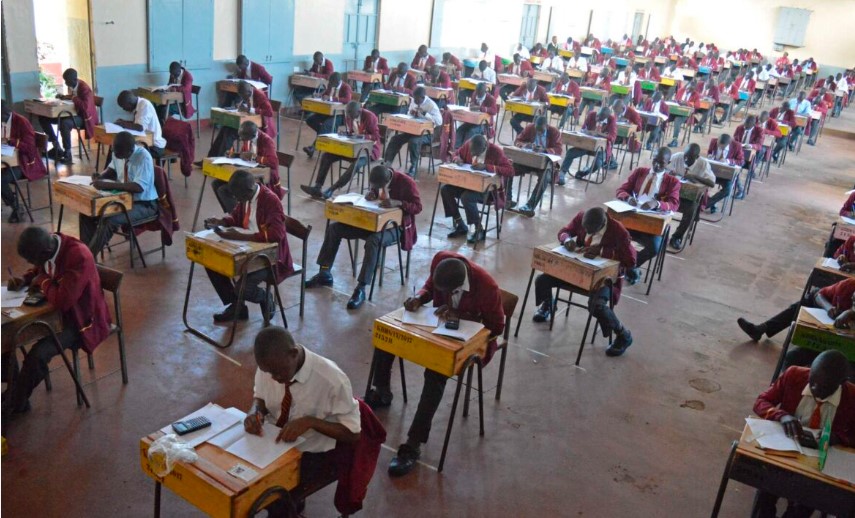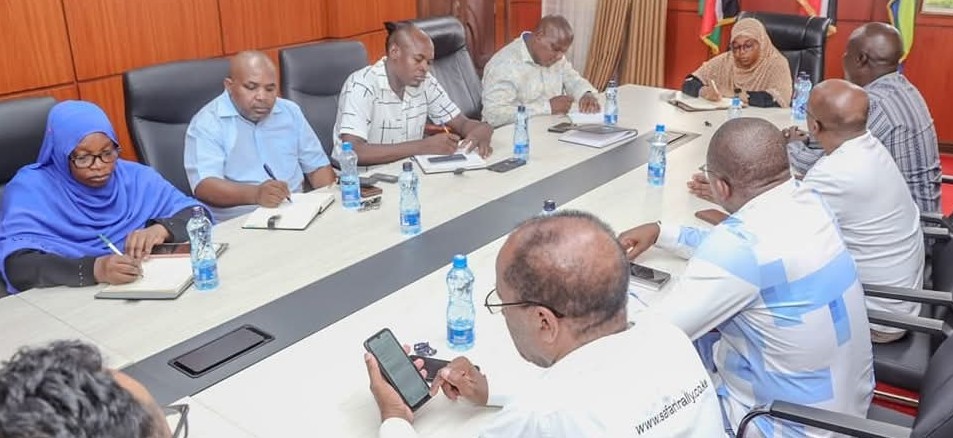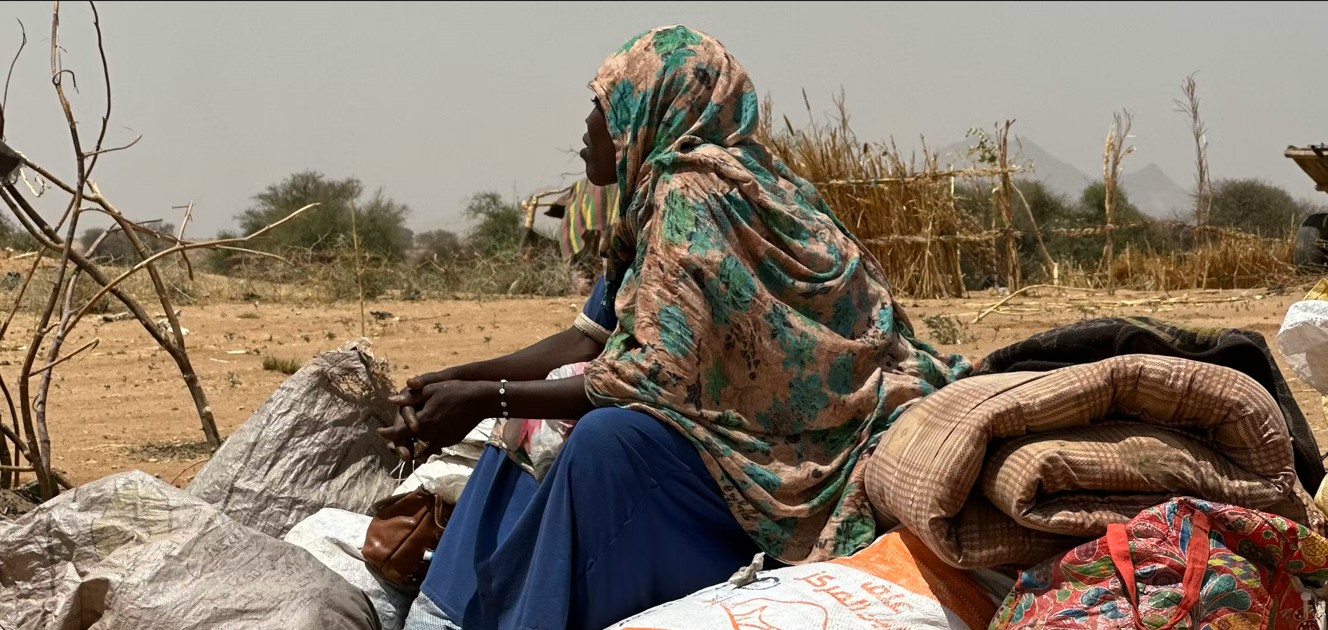Budget experts call scrapping of KCSE exam fees waiver as KNEC faces budget shortfalls

With rising enrolment numbers, the government has been struggling to meet the full costs on time, leading to deficits in the national exams body.
Experts advising MPs on budget and finance matters have recommended the scrapping of the national examination fee waiver, citing financial strain on the Kenya National Examinations Council (KNEC).
The Parliamentary Budget Office (PBO) argues that despite the government allocating Sh5 billion annually to cover registration fees for all candidates, the funding has not been sufficient to address KNEC's budget shortfalls.
More To Read
- Parliamentary Budget Office warns Sh2.2 trillion projects at risk over funding delays
- Teachers to stay in same schools after promotions under new TSC policy
- KNEC CEO David Njengere summoned over failure to release withheld KCSE result
- KNEC under fire as High Court rebukes CEO over withheld student exam results
- Treasury’s plan to abolish six development authorities raises fears over 423 projects, 1,500 jobs
- 2025 KCSE concludes smoothly as government reports sharp decline in exam cheating cases
The waiver was introduced by former President Uhuru Kenyatta in July 2020 and extended to private school learners.
However, with rising enrolment numbers, the government has been struggling to meet the full costs on time, leading to deficits in the national exams body.
To address this challenge, the experts propose a cost-sharing arrangement between the government and parents.
"The government should develop a cost-sharing approach for households to absorb the cost. In doing so, the government will be able to redirect the Sh5 billion allocated annually to fund other critical areas in the sector," says PBO.
The call comes amid findings that the education sector is grappling with a Sh91 billion funding deficit.
The shortfall has affected capitation, loans, and scholarships, with experts attributing the decline to increased enrolment under the 100 per cent transition policy.
Effective policy implementation
PBO Director Martin Masinde, in a report on the 2025-26 budget, emphasised the need for effective policy implementation.
"The government will have to focus on the effective and efficient implementation of its various programmes to enhance economic resilience and improve service delivery," Masinde said.
Currently, the government has allocated Sh191 billion for capitation in the education sector, a drop from the Sh214 billion allocated in the 2023-24 period.
This reduction has led to funding gaps, including Sh661 million for primary schools, Sh16 billion for secondary schools, and Sh15 billion for junior secondary education.
TVET institutions face a Sh3.6 billion capitation shortfall, while university scholarships and education loans are underfunded by Sh5.3 billion and Sh11.4 billion, respectively.
Education quality
Continuing students' capitation has also suffered a Sh33 billion shortfall, raising concerns about the long-term impact on education quality.
"This resource gap is a clear indication that learners at various levels are not funded as expected based on the existing policies on funding," the report reads.
To mitigate these shortfalls, PBO suggests consolidating and redirecting available resources, including bursaries, to areas with the most significant impact.
National and county governments allocate Sh20 billion annually to bursary programmes, but experts say the fragmented management of these funds leads to inefficiencies.
"The fragmented and silo approach to the management of the bursaries results in an opaque picture of resource needs for learners, creating room for inefficiencies, especially on multiple allocations," the experts noted.
They also propose capping the number of tertiary students receiving bursaries based on more equitable selection criteria.
According to PBO, streamlining bursary allocations could help address funding gaps in TVETs and secondary schools.
Top Stories Today














































